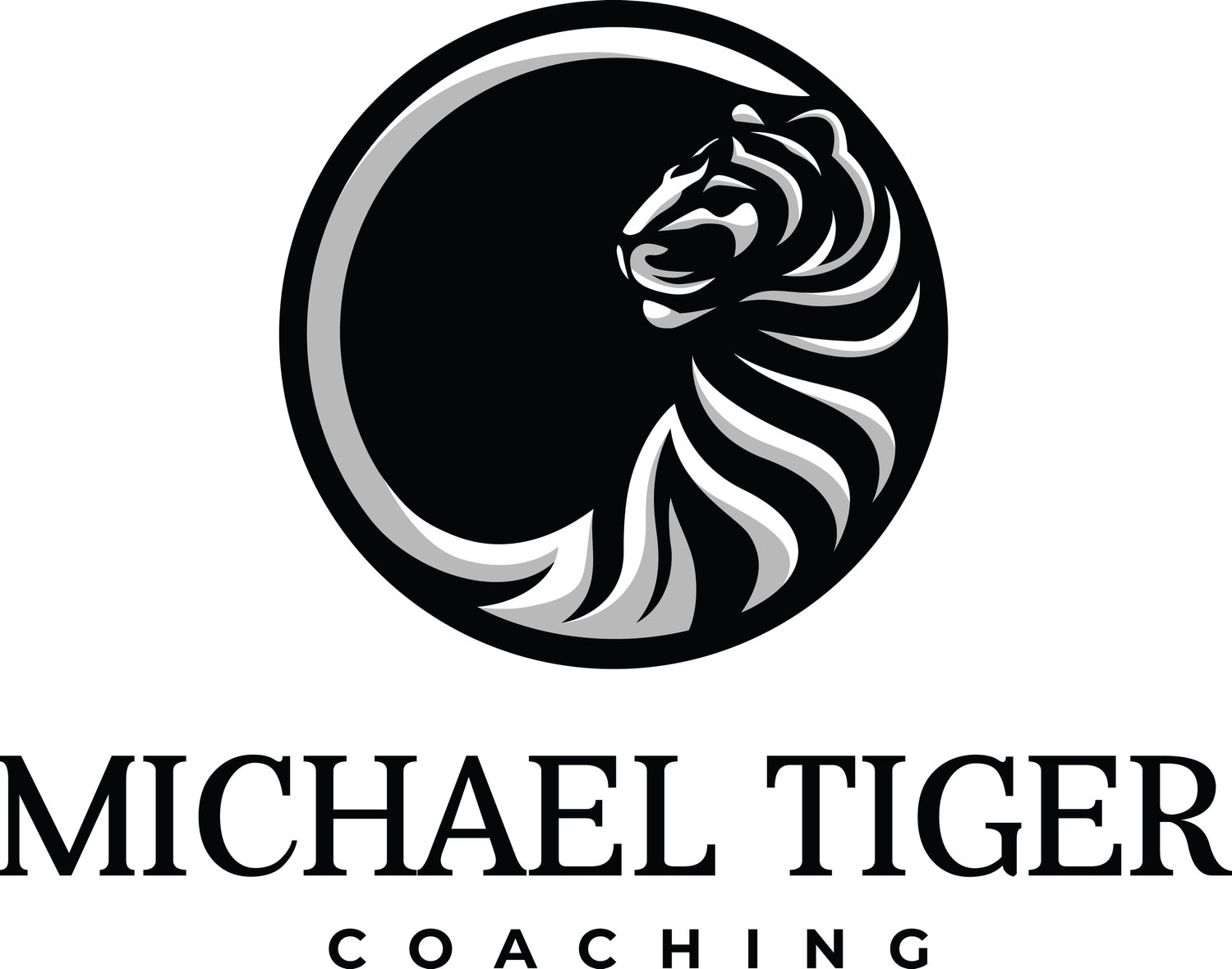Reflections From a New Professor
I scanned my classroom as students chatted, preparing for class to start. Any one of these complete strangers may be the next Indra Nooyi, Richard Branson, or Jack Ma.
My mission was clear: empower every student to realize their potential, so they can go out and inspire the world.
Every one of us has opportunities to create impact on the people around us. I’m grateful to be given the opportunity to do so as a new adjunct professor at Rutgers Business School.
This semester, I am teaching “Conquering Your Transition” to over 300 undergraduates who are talented, intelligent, and ambitious. I’m witnessing firsthand the profound impact of preparing students for life after graduation. In this capacity, I will share lessons to help them bridge the gap between academic study and professional excellence, engaging them to create personal plans to realize success for themselves and their future organizations.
How does teaching role connect with my professional role?
The Power of Preparation
One of the most critical aspects of my role is helping students transition from the academic environment to the professional world. This involves guiding them through goal-setting, networking, budgeting, and more. Observing their journey has reinforced the importance of comprehensive preparation for any significant transition. For us as leaders, this underscores the need for proactive strategies in developing our teams and preparing them for future challenges.
Shifting Perspectives for Growth
Preparing students for the real world requires a shift in perspective—from viewing education as an end goal to seeing it as a foundation for ongoing development. This perspective shift is crucial in the professional realm as well. By encouraging our teams to view challenges through a lens of growth and opportunity, we can drive innovation and resilience.
Setting Long-Term Goals
In helping students set career goals and navigate their transitions, I’ve seen how essential it is to balance immediate actions with long-term vision. This dual focus on short-term achievements and overarching aspirations is equally important in leadership. Effective leaders align daily tasks with strategic goals to ensure sustained progress and success.
Building a Supportive Network
A significant part of preparing students for the future involves helping them build robust professional networks. Similarly, fostering strong relationships and networks within our organizations can lead to greater collaboration and support. By building these connections, we create a more resilient and cohesive team capable of navigating any transition.
Looking Ahead
As we navigate our own transitions and prepare for the future, the lessons learned from guiding the next generation of leaders offer valuable insights. By applying these principles—preparation, perspective shifts, goal setting, and network building—we can enhance our leadership practices and drive our organizations toward greater success.
I could not be more excited to both teach tomorrow’s leaders, as well as learn from them. By understanding the next generation, I aim to create a bridge between generations in the workplace, helping optimize performance and professional fulfillment.
